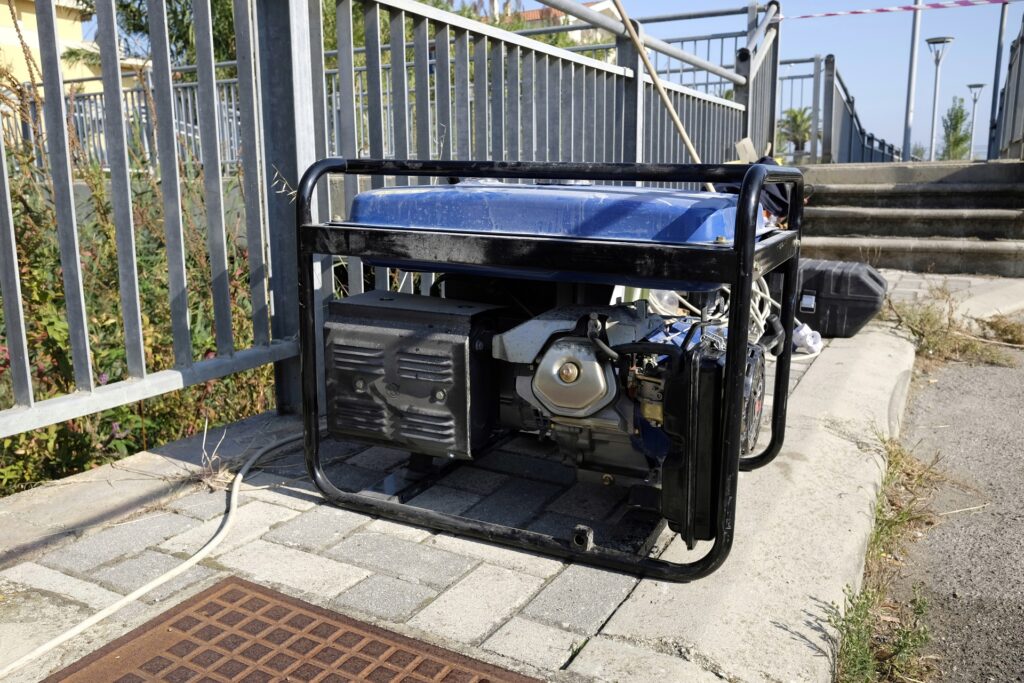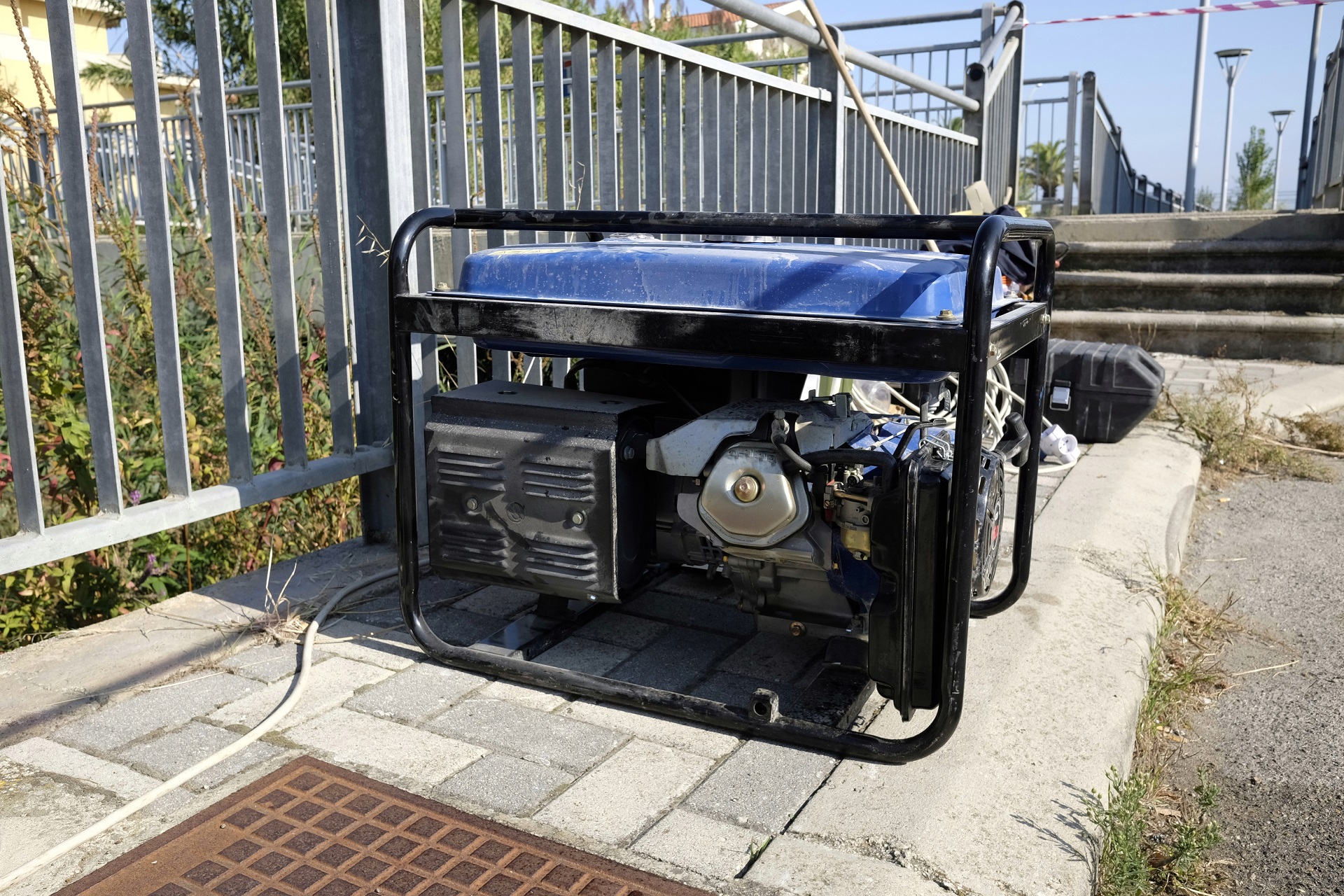Power outages in Summerlin can quickly turn from minor inconveniences into real challenges, especially when they happen during the summer months. Whether it’s food spoiling in the refrigerator or being unable to run your home’s cooling system, having a reliable backup power solution matters. Homeowners often look to whole-home generators to solve this issue, and the most common options come down to two fuel types: natural gas and propane. Choosing between these two can be confusing if you’re not familiar with how each one works in a residential setting.
While both options provide automatic standby power, they come with important differences that affect your day-to-day use. Fuel availability, installation costs, and space requirements all play a role. Understanding the strengths and limits of each generator type can help you figure out which is better for your home in Summerlin. Keep reading to explore the main features of natural gas and propane generators, so you can make an informed decision before installation.
Natural Gas Generators: Long-Term Fuel with Lower Maintenance
Natural gas generators connect directly to your home’s existing natural gas line, giving you a continuous fuel source that never runs out unless there’s an issue with the local gas utility. For many homes in Summerlin connected to natural gas lines, this setup is simple and convenient. It offers peace of mind during extended outages without the need to store or refill fuel manually.
Benefits of natural gas generators include:
– Access to an uninterrupted fuel supply through utility lines
– Fewer fuel handling tasks, meaning less mess and effort for homeowners
– Typically lower operating costs over time compared to propane
– Less frequent maintenance needs, since natural gas burns cleaner than other fuels
However, natural gas generators also come with some concerns. Because they rely on a utility service, if a natural gas line is shut off or damaged during an emergency, your generator could stop working. The upfront cost can also be higher, especially if piping needs to be added.
For example, if your Summerlin home has had recent landscaping or renovations, running new gas lines to the generator location may require extra permits and labor, increasing the total cost of installation. Still, for neighborhoods already set up for natural gas, this option often proves efficient and reliable, particularly for homes that experience outages more than once or twice a year.
Overall, natural gas generators are a strong fit for homes with steady gas infrastructure and property layouts that accommodate direct line hookups. Installation is typically quicker for these setups and needs less ongoing attention from homeowners once installed.
Propane Generators: Flexible Storage and Cleaner Fuel
Propane generators offer flexibility when it comes to fuel storage and are ideal for homes in Summerlin without a natural gas connection. These systems use liquid propane stored in a tank on your property. Since they don’t rely on a public utility line, propane generators can still function during natural gas outages or disruptions.
One of the biggest advantages is the longer shelf life of propane. It is a stable fuel that doesn’t degrade quickly, which makes it a good option for backup systems that might sit unused for several months. Homeowners who prefer to store fuel on-site and have more control over their fuel supply often choose this option. Propane also burns cleaner than other fossil fuels, which can slightly benefit the engine’s lifespan and reduce buildup over time.
That said, propane comes with a few logistical considerations. You will need enough space on your property to store the fuel tank, and it must be installed with safety clearances in mind. For larger generators, refueling may be required more frequently during long outages, depending on tank size. Operational costs also tend to be higher since buying and refilling propane generally costs more per gallon than natural gas delivered through utility lines.
For example, if your Summerlin home sits on a smaller lot with little room for extra equipment, the tank placement might be limited or could require additional permits to meet local codes. Homeowners in these situations need to look at fuel delivery options, access routes, and fill-up schedules before committing to propane as the main power backup source.
Key Factors to Weigh Before Choosing
When trying to decide between natural gas and propane for generator installation in Summerlin, it is helpful to consider a few important factors. These elements will influence not only your system’s performance but also how easy it is to manage over time.
Here are a few considerations that can help guide the decision:
– Fuel availability: Is your home already connected to a natural gas line, or will propane be a simpler option with on-site storage?
– Property space: Do you have room for a large propane tank, or does your setup make a direct gas hook-up more practical?
– Installation and permitting: Are there local restrictions that make one fuel type easier or faster to install?
– Runtime expectations: Will you need backup power for several hours or several days? Fuel capacity matters in longer outages.
– Cost factors: Think about both the upfront installation cost and routine refueling or maintenance expenses.
Each home is different, so these questions help narrow down which system will truly work best for your energy needs and lifestyle.
Why Professional Installation Matters
Whether you are leaning towards propane or natural gas, the installation work should always be handled by trained professionals. Generator systems tie into your home’s electrical panel, fuel source, and sometimes even smart home controls. Poor installation can lead to safety risks, wasted energy, and damage to your system.
Our professionals understand how to inspect your layout, determine the right generator size, and comply with current codes in Summerlin. Working with our technicians also ensures that every component—from the transfer switch to the fuel lines—is placed correctly and tested for performance. This reduces the stress of setup and helps prevent issues down the road.
Another benefit to professional service is the ability to build a maintenance plan that fits your chosen system. Propane and natural gas generators each have unique servicing needs, from fuel inspections to valve checks. With our team managing these tasks, you get longer life out of your unit and fewer emergencies.
Finding the Right Fit for Your Home
Choosing between a natural gas and propane generator requires more than a quick price check. It is about deciding which system supports your home’s layout, meets your outage concerns, and aligns with how much control you want over your fuel supply. If your home in Summerlin already runs on natural gas, using the same supply could make sense. But if you want independence from utility lines or extra fuel flexibility, propane might be the way to go.
Every option comes with trade-offs, but your decision can be simple with the right questions and expert guidance. A system designed specifically for your house and habits will make power outages far less disruptive and give you peace of mind through hot summer months or sudden utility failures. Start by reviewing what your home can support, then explore the right installation and fuel plan that fits your daily routine and long-term goals.
Ampere Electric understands that choosing the right backup power system is crucial for your home in Summerlin, and selecting a dependable solution installed by experienced professionals can make all the difference during unexpected outages. If you’re exploring options to keep your home powered year-round, our trusted services in generator installation in Summerlin offer reliable protection and lasting peace of mind. For a quick estimate or to book a service visit, please contact us today.








